Effects of Captivity on Animals in the Zoos
Captive Animals and Why They Should Be Freed From the Zoos
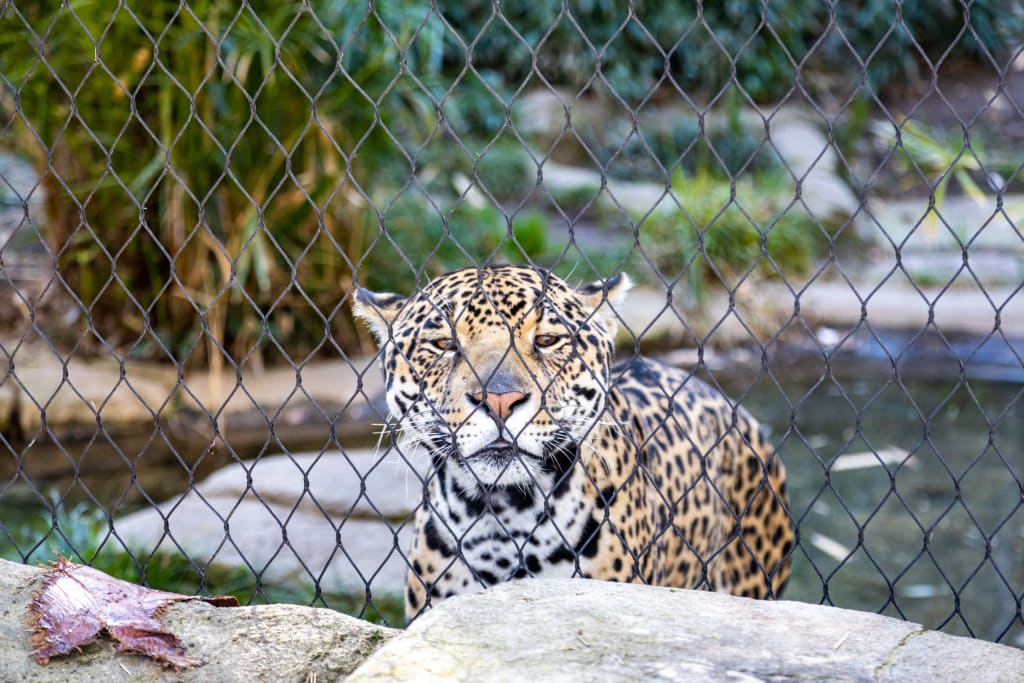
Zoos are places where people keep animals locked up for their amusement. Animals are beautiful and people like them and this is the reason why they have created zoos, where they can admire animals from a close distance, without being in any danger. Nevertheless, this creates a lot of suffering and mental problems for the poor captive animals.
Getting captured is a traumatic event for any animal. Whether it was captured as an adult, or as a baby, it definitely went through psychological trauma, when it was caught and confined in a cage. If it was captured as a baby, its mother may have been killed, and the baby was removed from the comfort of its mother's protection. It was put in a small cage, where it had to battle loneliness and anxiety in a totally new and unfamiliar environment. Due to poor conditions, many animals die during transportation. Animals born in captivity do not have a better fate either. They are denied socialization with other animals than those chosen by the zoo, they spend all their lives in small spaces, which have nothing to do with their natural living environment. They suffer, even if they may not be aware of it and do not show obvious signs of mental disease.
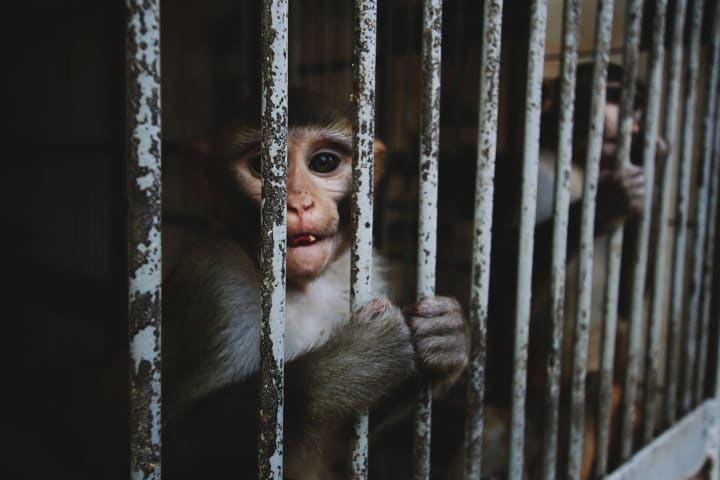
I remember visiting a zoo a few years ago, and I was very impressed by the reactions of a jaguar who was captive in a small cage. He kept running in circles along the cage bars and sometimes he stopped to make some crying sounds, that had nothing to do with the roar of a predator. I was very distressed seeing the poor animal behave that way, and decided to find out more about the psychological effects of captivity on zoo animals. I discovered that not only animals in cages suffer from stress, related to captivity, but also those in circuses, as well as other animals used for shows.
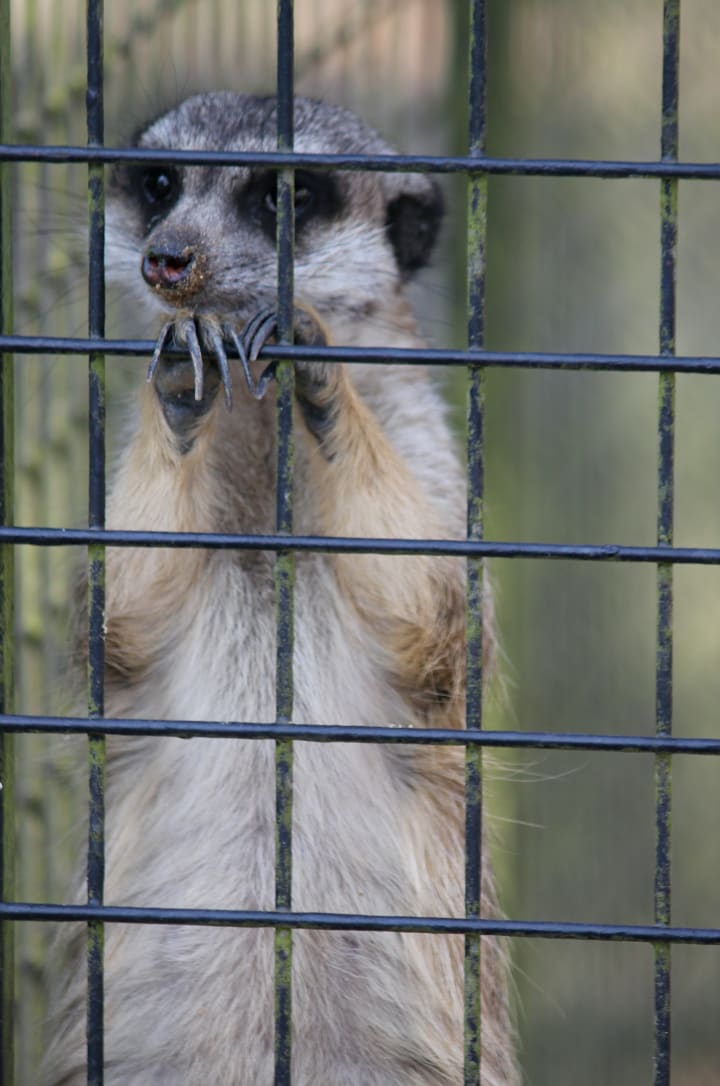
In World War 2, the Berlin Zoo was bombed. Due to the attack and the terrible noise, many of the animals went insane out of fear. Others even died because of the terror they felt. An example is that of an elephant, called Siam, who died of a heart attack, due to the fear caused by the explosions.
In the London Zoo, on August 30, 1940, a cockatoo called Cocky, is said to have collapsed and died due to the fear inflicted on him by the sirens during the bombardment.
If somebody considers that animals are not intelligent enough to correctly assess a dangerous situation, these examples prove them wrong. Animals are intelligent, and they feel, just like humans, emotions such as fear, terror, but also joy, and attachment. If a human being suffers if he becomes a war prisoner, why not admit that animals that spend their lives in small cages, and are displayed like objects to visitors, also suffer because of this inhumane treatment?
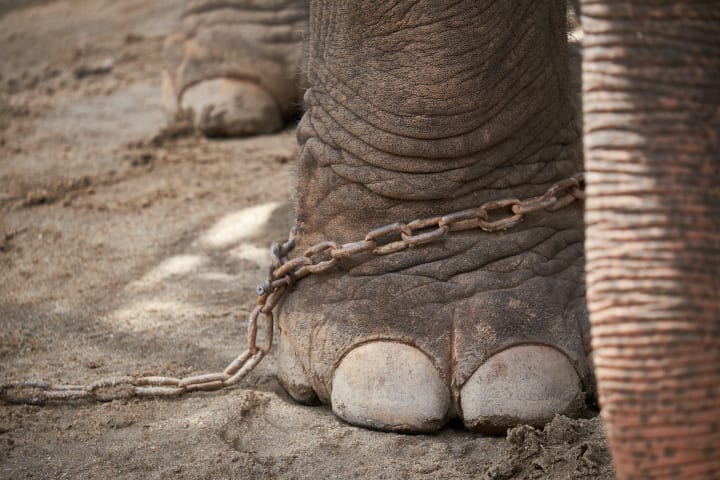
There are numerous psychological effects that have been identified in captive animals and one of the best documented is a form of psychosis, called zoochosis. The symptoms consist in walking in circles inside the cage, bar biting, rocking, self-mutilation, coprophagia, regurgitating food and then reingesting it, over-grooming, or pacing. These are repetitive, stereotypical behaviors that have been seen only in animals in captivity and never in the wild.
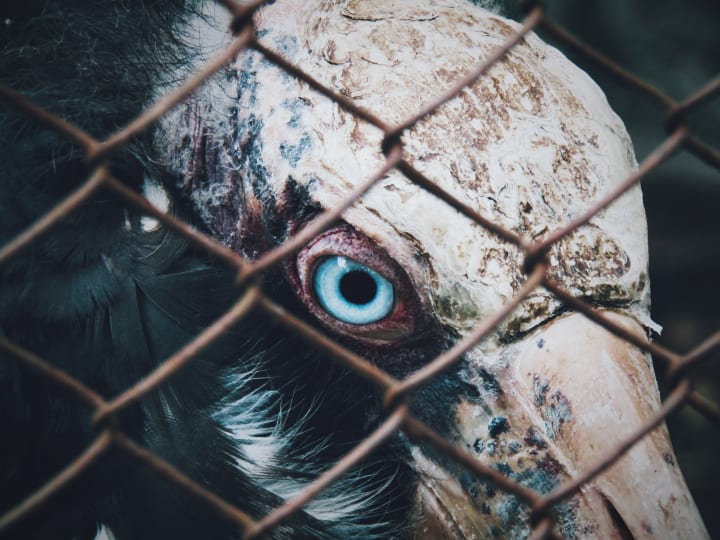
Wild animals have adapted to be free, to roam over great areas, interact with other animals and get a lot of sensory information. The lack of sensory stimulation, the stress caused by being watched by the many visitors, as well as the limited space of the cages make the animals feel stressed and these factors trigger the mental disease called zoochosis. Scientists have concluded that life in captivity alters their brain structure and this leads not only to a change in their behavior but also to physical health problems.
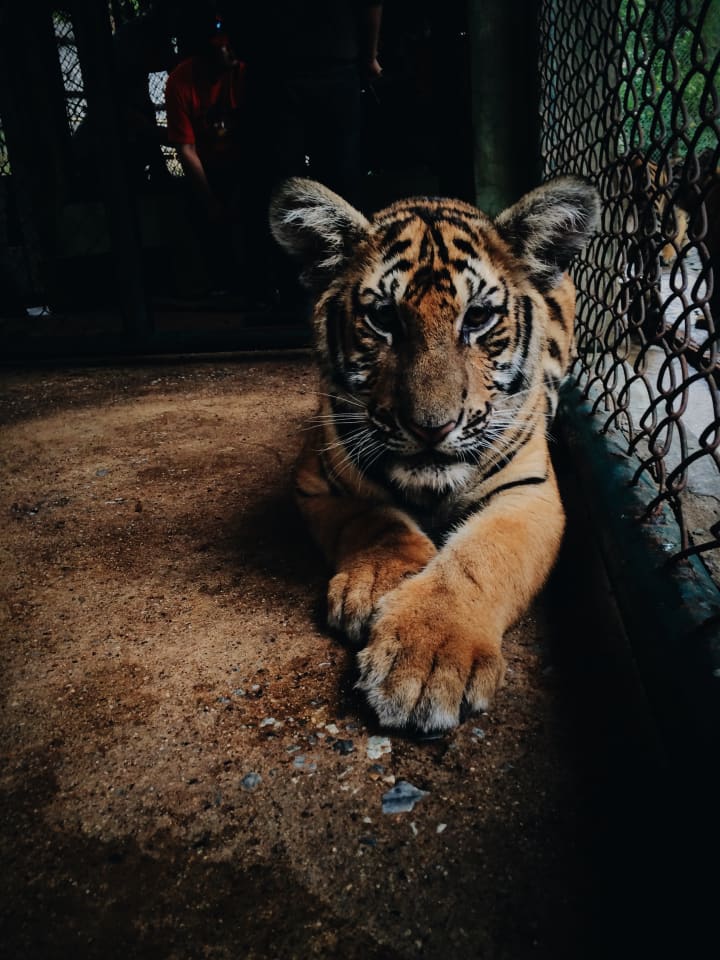
Due to this situation, some zoos have even prescribed antidepressants to their animals, nevertheless, they didn't show many benefits, because the main cause of their mental disease is the confinement in a cage. The repetitive behaviors are due to the anxiety induced by the lack of brain stimulation. Confinement makes animals suffer and this can be prevented only by releasing the poor animals from captivity.
About the Creator
Reader insights
Outstanding
Excellent work. Looking forward to reading more!
Top insights
Eye opening
Niche topic & fresh perspectives
Heartfelt and relatable
The story invoked strong personal emotions
On-point and relevant
Writing reflected the title & theme



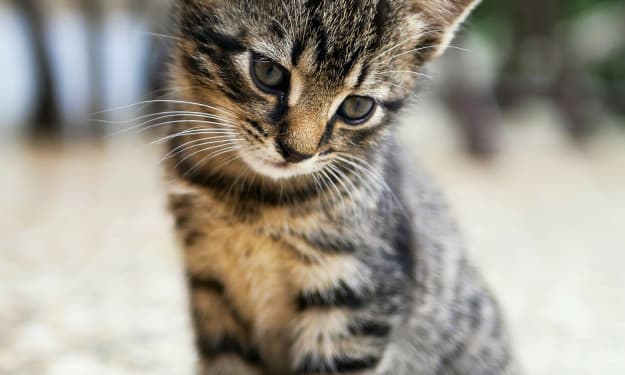



Comments
There are no comments for this story
Be the first to respond and start the conversation.